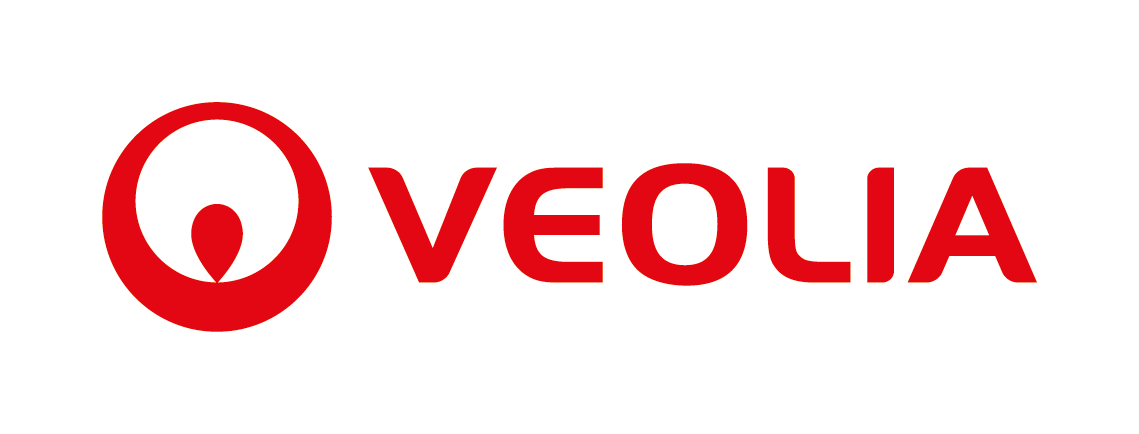Next Generation Cooling Water Treatment Products: Minimising Environmental Impact
The Challenge of Modern Cooling Water Treatment
In today's industrial landscape, facility managers face a critical dilemma: how to maintain optimal cooling system performance while meeting increasingly strict environmental regulations and Net Zero targets. Chemical treatments, the backbone of cooling water management, are now raising serious environmental concerns, with increasingly pressing risks of non-compliance.
Scale buildup threatens system efficiency. Corrosion silently damages expensive equipment. Microbiological growth poses persistent risks. Meanwhile, phosphorus discharge limits tighten, and chemical treatment costs continue to rise. The search for effective, sustainable solutions has never been more urgent.
Enter the next generation of cooling water treatment technology. Our innovative product portfolio directly addresses these challenges through a less impactful chemistry and smart engineering. From the revolutionary phosphorus- and zinc-free E.C.O.Film to the biodegradable HYP1500 chlorine stabiliser, each solution is designed to deliver superior protection while advancing environmental goals.
Discover how our more sustainable cooling water treatments are helping facilities worldwide transform their operations, reduce their environmental footprint, and achieve their Net Zero objectives – all while maintaining peak system performance.
E.C.O.FILM Technology:
Next-Generation Phosphorus- and Zinc-Free Cooling Water Treatment
Leading our portfolio of more sustainable technologies, E.C.O.Film represents a breakthrough in phosphorus-free and zinc-free water treatment. This innovative solution maintains superior scale and corrosion control while eliminating phosphorus discharge, helping facilities meet stringent environmental regulations and sustainability goals.
HYP1500:
Biodegradable Stabiliszer for Cooling System Protection
Our HYP1500 biodegradable chlorine stabiliser sets new standards in cooling system treatment. By optimising the efficiency of chlorine, this technology allows [users] to reduce the consumption of bleach and limit the formation of AOX in the discharge. HYP1500 is the solution to protect your circuits with a reduced environmental impact.
SPECTRUS:
Smart and Next-Generation Biocide Treatment
The Spectrus TD1100E ensures precise microbiological control by penetrating the biofilm and destroying it from the inside. The Spectrus OX1285 is a non-targeted delivery oxidising biocide with an extended lifetime compared to bleach – 135 days vs 40 days. These precise microbiological control technologies maximise efficiency.
On Site Generator:
Salt-electrolysis disinfection
Using only salt, softened water and electricity, our technology generates a disinfectant on-site, when and where needed, replacing bleach and bromine products. As a more ecological alternative to conventional oxidising biocides, it also reduces the use of non-oxidising biocides by up to 80%. This approach offers reliable performance with a reduced environmental impact and health and safety risks.
AZF8520:
Advanced Copper Protection Technology with Reduced Environmental Impact
Our azole-free copper passivation technology demonstrates how surface science can enhance performance while eliminating traditional copper corrosion inhibitors. AZF8520 provides superior metal protection while supporting sustainability initiatives.

|

|

|

|

|
By choosing these innovative products for cooling water treatment, facilities can benefit from:
- Reduced environmental impact
- Enhanced system performance
- Improved regulatory compliance
- Lower operational costs
- Advanced sustainability metrics
%20(1).jpg?width=601&height=400&name=HYDREX_Veolia_chemicalTanks_OGU_4425(1)%20(1).jpg)
Elevate your cooling water treatment with our comprehensive range of solutions designed to increase the sustainability of modern industrial operations.
Discover Our Sustainable Cooling Solutions
Frequently Asked Questions
Q: What are the most effective and more eco-friendly cooling water treatment products?
A: Each technology in our treatment portfolio aims to meet the ever-stricter environmental regulations and to contribute to reducing environmental impacts. Our Cooling Horizon 2030 technologies are designed to outperform previous ones while tackling environmental issues like AOX reduction with HYP1500, phosphorus discharge with E.C.O.Film, or disinfection with salt electrolysis solutions, significantly reducing the use of non-oxidising biocides, all designed for maximum efficiency with minimal environmental impact. The Veolia technical expert will select the best suitable treatment programme based on your system's characteristics to ensure the best technology is applied. There is no 'one size fits all' treatment approach.
Q: How do the cooling water treatment products of the Cooling Horizon 2030 approach improve system performance?
A: Our innovative products enhance system performance through advanced technologies like surface science and targeted delivery, while minimising harmful chemicals and reducing environmental impact. They provide superior scale control, corrosion protection, and microbiological control, hence extending equipment lifespan and minimising the Health and Safety risk, among other benefits.
Q: What are the benefits of phosphorus-free cooling water treatment?
A: Unique in the market is the [p]hosphorus-free and [z]inc[-]free treatment E.C.O.Film, which offers multiple advantages. It is a solution addressing issues of discharge compliance, algae proliferation, scaling, and corrosion. This technology ensures optimal system performance as well as a reduction in environmental impacts.
Q: Which cooling water treatment is best for industrial systems?
A: The optimal treatment depends on specific system requirements. The optimal treatment does not consist of chemicals only but of a three-pillared integrated approach: high-performance treatment, digital solutions and value delivery expertise. Only this combined approach can provide industrial-grade performance with environmental benefits. This is what Cooling Horizon 2030 is all about.
Q: How can a cooling water treatment simultaneously reduce operating costs and environmental impact?
A: The Cooling Horizon 2030 approach contributes to reducing costs through improved efficiency, decreased chemical usage, extended equipment life, reduced maintenance needs, and lower environmental compliance expenses while delivering superior system protection.
